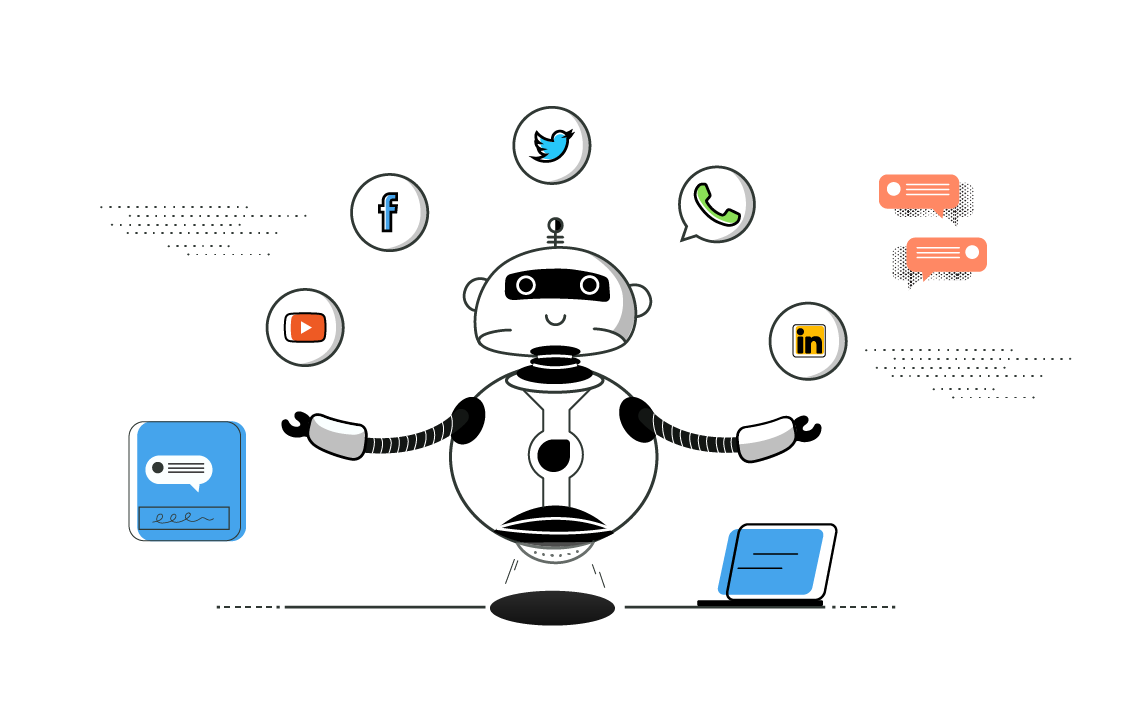Ethical Considerations in Chatbot Development

As chatbots become more prevalent and sophisticated, it is essential to address the ethical considerations surrounding their development. Here are some key ethical considerations in chatbot development:Transparency: Chatbots should clearly disclose that they are conversational agents and not human operators. Users should be aware that they are interacting with software, which has limitations in terms of understanding complex emotions or providing certain types of assistance.Privacy and Data Security:
Chatbots often collect and process personal information during conversations. It is crucial to ensure that chatbots adhere to data protection regulations, encrypt sensitive data, and safeguard user privacy. Chatbot developers should also consider secure storage and deletion of user data.Algorithmic Bias: Chatbots are built using artificial intelligence algorithms that learn from training data. It is essential to ensure that the training data is diverse and representative to prevent biases. Bias can lead to discriminatory responses or decisions, which can harm individuals or reinforce social inequalities.
Accountability: Chatbot developers should be accountable for the actions and consequences of their chatbot systems. If a chatbot provides inaccurate information or engages in harmful behavior, there should be mechanisms to address these issues and hold the developers accountable.User Consent and Opt-out: janitor ai Chatbots should seek user consent before collecting and using personal information. Users should also have the option to opt-out of data collection or terminate the chatbot conversation at any time. User consent and control over data usage are necessary to respect individual autonomy.
Customer Support: Chatbots should have a clear escalation process to human agents when they cannot handle certain inquiries or situations. Human oversight and intervention are essential to handle complex and critical issues that may go beyond the capabilities of chatbots.Bias in conversation or content recommendations: Chatbots should not promote harmful or biased content, such as hate speech, misinformation, or illegal activities.
It is the responsibility of chatbot developers to ensure that the chatbot provides accurate and neutral information and does not amplify harmful narratives.Ongoing Monitoring and Evaluation: Chatbots should be continuously monitored to detect and address any potential ethical issues that may arise over time. Regular evaluation and testing can help identify and mitigate biases, errors, or other unintended consequences.
In conclusion, ethical considerations in chatbot development are vital to ensure fair, transparent, and responsible use of this technology. Transparency, privacy, algorithmic bias mitigation, accountability, user consent, customer support, content recommendation fairness, and ongoing monitoring are key aspects to consider to develop ethical chatbots. By addressing these considerations, we can maximize the benefits of chatbots while minimizing their potential risks.
